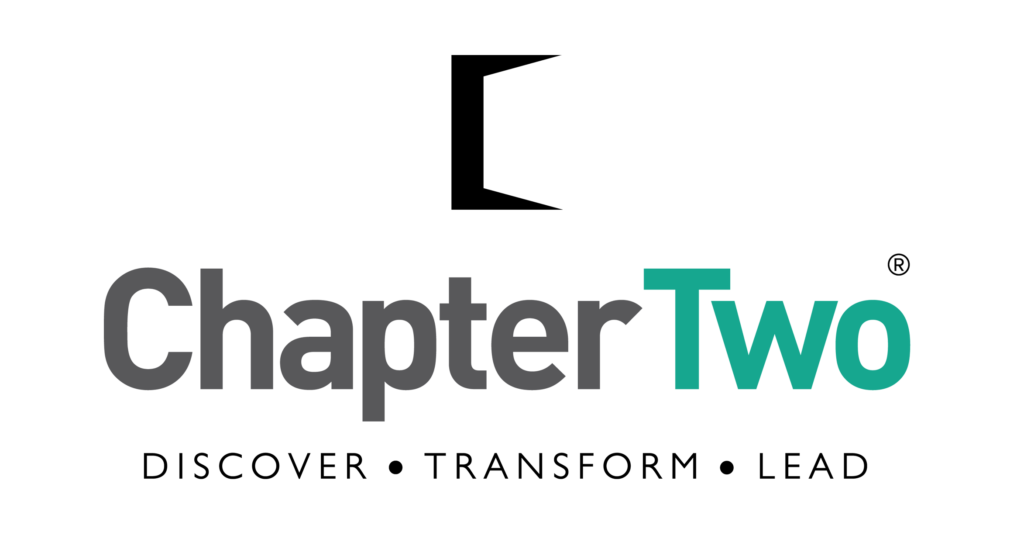Imagine this. You’re considering switching jobs. One part of your brain is focused on all the great things about the new job. But another part of your brain is pulling you in a completely different direction. This part of your brain is raising alarms: What if this is a mistake? What if it doesn’t pan out? What happens when I’m out of a job? In other words, this part of your brain is flooding you with fear. Fear of mistakes, consequences and ruin.
Welcome to negative self-talk, the default wallpaper of your brain.
Negative self-talk is the constant chatter of negative opinions and ideas that your brain fills you with. It runs through your brain throughout the day, happens to all of us and is perfectly normal.
Did I leave the stove on?
Is this new business proposal going to fail?
Will I be able to clear my loan?
Will I put my daughter through university?
Is my relationship with my girlfriend over?
What if we don’t make our targets?
Everything is going to sink, isn’t it?
Sound familiar? This kind of thought process affects our judgment and robs us of the vitality to be the best versions of ourselves. It allows our strengths and our dreams to get hi-jacked by our weaknesses and our nightmares.
It drags us into a reign of un-reason.
But it can be stopped, if we understand where it comes from.
Negative self-talk is a side effect of evolution. After billions of years of evolution, human beings still retain a portion of the oldest part of the brain, the primeval reptilian brain. The reptilian brain is always in ‘survival’ mode and so it is primed to continually assess and warn the body against danger.
But there is another more evolved part of the brain called the conscious mammalian brain. This part of the brain is more evolved and uses logical reasoning, self-awareness, objectivity and empathy to solve our problems.
Drowning negative self-talk means drowning fear with logic by attacking the reflexive reptilian brain with the conscious mammalian brain.
How do you drown fear with logic?
Ask questions.
Nothing dislodges an existing story more powerfully than a rational question.
So when your reflexive brain says, ‘This decision is going to ruin you’ respond by asking yourself, ‘Is that really true? Is there another way to look at this situation? Is thinking this way helping me to feel good or to achieve my goals?’
In conclusion, you need to force your mind to evolve from the reflexive thinking of the reptilian brain to the more conscious thinking of the mammalian brain. Albert Einstein said ‘You cannot solve a problem from the same consciousness that created it. You must learn to see the world anew.’ So the next time you sense your reflexive brain pummelling you with fear of consequences, come out from under its grip, climb the citadel of your conscious brain, and start asking logical questions to dispel the fear. In the battle between fear and logic, logic always wins if it stays in the ring long enough.
About the Author:
Sandhya Reddy is a leadership & transformation coach based in Bangalore, India. She is the Founder and Principal Coach at Chapter Two Coaching, a coaching consultancy that enables everyone from CEOs to work-from-home parents to achieve their goals by replacing self-imposed limitations with enabling stories.
Many of us in our thirties experience a disquieting realization: what brought us to middle-management may not take us to senior-management. This is true. To chart a new career path, one needs to think and do things differently. This is where Sandhya can help. She is a coach. Life coaching, executive coaching, business coaching, personality development, leadership coaching… they are all part of her forte. Her Executive coaching programs helps tomorrow’s leaders set new goals, make new plans to achieve those goals, get that elusive promotion through a blend of knowledge, action and image-building, enhance influence among the leadership team, be more productive, get more out of one’s team, and be known in the company as an indispensable performer and future leader.
